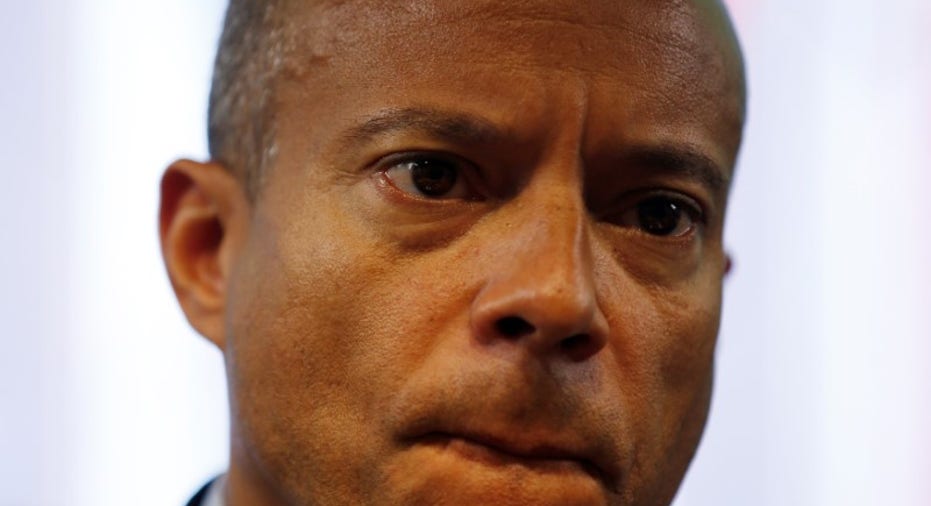Hyundai to debut Genesis premium brand in China in two-three years: executive

HANAM, South Korea (Reuters) - South Korea's Hyundai Motor <005380.KS> will launch its standalone premium auto brand Genesis in China within two to three years, betting on a luxury lane to profit as competition bites at the lower end of the world's biggest auto market.
Genesis brand chief Manfred Fitzgerald told Reuters in a recent interview the company is considering building Genesis models in China "For sure. But there are also other examples of (automakers) who live pretty well off of importing cars," he said, citing Toyota Motor Corp's <7203.T> Lexus.
The plans come as Hyundai tries to reverse out of 10 straight quarters of falling profit, hit in part by weakness in China.
Rolling out Genesis in key markets like China marks a shift for a company better known for making value-for-money cars and lacking the brand cachet and tradition of Germany's BMW , Mercedes-Benz and Audi. That trio dominates the luxury market globally - and in China.
"The luxury customer in China is very brand-conscious," said U.S. national Fitzgerald, 53. The former executive with Audi's Lamborghini brand was speaking at the first, and so far only, standalone Genesis store, in a glitzy mall in Hanam on the outskirts of Seoul featuring cars like G80 sedans that can fetch up to 74 million won ($67,100).
"If you don't get your brand right, you can have the best product in the world, it won't work," said Fitzgerald. "In two, three years' time we will be entering China," he said, declining to give sales targets for a global rollout that will follow launches in Korea late last year and in the United States last month.
In China, imported cars carry a duty of more than 20 percent, putting pressure on automakers to produce locally.
DISTRIBUTION DEBATE
Genesis will open more standalone outlets, said Fitzgerald, and is exploring unspecified locations for its first U.S. store. The Genesis line-up currently features two models, a range that the company plans to expand to six by 2020, including two sport utility vehicles.
Consultants like Eric Noble, president of California-based consultancy CarLab, say getting the sales channel right for premium cars is as important as the product itself.
For now, over 300 of Hyundai's more than 800 U.S. dealerships will also be selling the Genesis brand, posing an added challenge for differentiating it from Hyundai. By comparison, Toyota's Lexus is sold through separate dealerships.
"From a product standpoint, the prospects of the (Genesis) brand are encouraging," said Noble. "But from a distribution standpoint, at least here in North America, it is much more problematic."
'TIPPING POINT'
Hyundai Motor Group Chairman Chung Mong-koo, now 78, took the helm in 2000 and turned Hyundai and its Kia Motors <000270.KS> affiliate into the world's fifth-largest automotive group by making inexpensive but reliable small cars.
But the veteran's 45-year-old son and vice-chairman Chung Eui-sun has sought to move Hyundai up the value chain. He spearheaded the move last November to hive off the Genesis sedan into a standalone brand, tapping a segment growing faster than the mass market to generate higher margins.
Fitzgerald said meeting with the younger Chung was a "tipping point" in his decision to join a company long known for promoting from within.
"He definitely gave me the feeling that no matter how long and how troublesome and how tedious this might be, they are in for it and they want to succeed."
($1 = 1,102.6100 won)
(Reporting by Hyunjoo Jin and Tony Munroe; Additional reporting by Jake Spring in BEIJING and Yun Hwan Chae in SEOUL; Editing by Kenneth Maxwell)



















